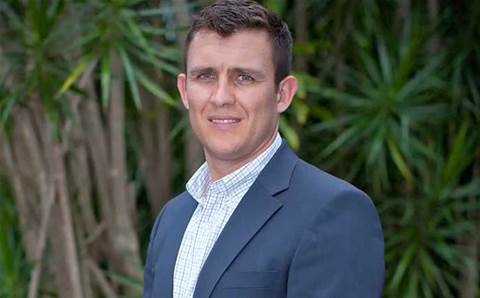Veteran reseller ASI Solutions has revealed revenues of $71.5 million for the 2017 financial year, backed by big projects across several key contracts.
The result constitutes an $8.2 million, or 12.95 percent, increase on the company’s 2016 revenue of $63.3 million. The firm chalked up its growth up to a focus on hardware and software deployments, managed services and new ‘as-a-service’ models, as well as IT consulting.
The 32-year-old firm said it bolstered its 2017 result with a 14 percent increase in revenue generated from services, with key contracts landed with government, education and corporate sectors, including Bakers Delight, Redeemer Lutheran College and Steadfast Business Solutions over the past six months.
Managing director Nathan Lowe said ASI’s hard work over the past year had paid off.
“As a company, our mission is to be Australia’s favourite IT solutions provider and our achievements over the past 12 months are testament to team excellence and a desire to exceed in meeting customer expectations,” he said.
“The opportunity for ASI Solutions in the year ahead is significant and we are uniquely positioned to deliver services for Australian public and private sector organisations which want to maximise their investment in IT by working with an award-winning, Australian-owned, headquartered and managed service provider.”
In line with the company’s managed services growth, ASI grew its headcount 20 percent in the past 12 months, and the company purchased a new office and technical training space in Melbourne and Brisbane. The company is also on a hiring drive for all of its offices as it looks to back up its results for the year going forward.
Building services prowess
In an interview with CRN earlier this year, ASI’s Lowe said the company was on a strong push to round out its services offering, taking advantage of new technologies and training to manage project delivery end-to-end.
“You’ll hear some people say that you can’t be all things to all people; that you need to choose a certain sideline to go after, and there are pros and cons to doing that,” Lowe said in March.
“But I think you limit yourself. If you’re a smaller organisation, you probably have to do that, because you would spread yourself too thin, particularly when it starts with vendor training and certifications and all that.
“In terms of our position, we’re a 100-plus employee organisation, and the services team is growing at a rapid rate, so it allows us to invest more in our engineers and vendor certifications to be able to build those certifications in-house rather than rely on vendors or third parties to deliver that aspect of a contract for us.”




_(21).jpg&h=142&w=230&c=1&s=1)
.jpg&h=142&w=230&c=1&s=1)
_(27).jpg&h=142&w=230&c=1&s=1)






.jpg&w=100&c=1&s=0)







_(1).jpg&q=95&h=298&w=480&c=1&s=1)



